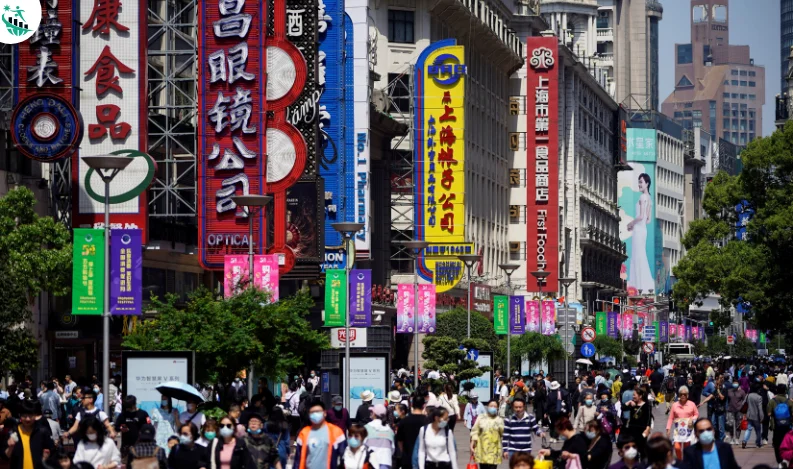
China’s Golden Week Travel Boom Masks Fierce Price War
China’s much-anticipated Golden Week holiday has once again fueled a surge in domestic tourism, but beneath the surface of record travel figures lies a bruising price war that is testing the resilience of the nation’s hospitality industry.
From October 1 to 8, the official data showed that Chinese travelers made 888 million domestic trips, generating 809.01 billion yuan ($113.6 billion) in tourism revenue. While those numbers marked modest year-on-year increases of 1.8% and 7.6%, analysts note that growth has slowed sharply compared to the May Day holiday earlier this year, when domestic trips jumped by over 6%.
“The Golden Week was ‘Golden Weak,’” said Mix Shi, founder of PoshPacker Hostels Chengdu Group, describing the paradox of full bookings but shrinking profits. Shi said his hostels in Chengdu, a major tourism hub in southwestern China, were fully occupied but only after slashing nightly rates by nearly 60% to stay competitive. “There’s too much money chasing the same customers. Prices are collapsing, great for travelers, tough for business,” he added.
The price slump reflects a growing trend of hyper-competition, or “involution,” as locals call it, across China’s tourism sector. The post-pandemic travel rebound has drawn an influx of new hotels and travel operators, leading to fierce undercutting in prices across major cities like Shanghai, Nanjing, and Chengdu. According to HostelWorld, average bed prices in these cities dropped more than 20%, with nightly stays in Chengdu costing as little as 81 yuan ($11).
In Qingdao, hotel owner AJ Wang observed a similar pattern, noting that the true revenue peak ended on October 6, coinciding with the Mid-Autumn Festival, a family-oriented holiday that merged with Golden Week this year. “After the 6th, we had to cut prices by 60% because demand simply vanished,” Wang said.
Despite the pressure, domestic tourism activity remained strong. Road travel averaged 304 million trips per day, while platforms like Trip.com and Fliggy reported surging demand for off-peak travel and smaller city destinations. Travelers sought cheaper deals by adjusting their travel dates, with late-September hotel rates 20% lower and mid-holiday airfares 30% cheaper than at the start of the week.
Economists say the uneven spending patterns reveal broader economic concerns. While consumption has recovered in volume, average spending per tourist remains about 3% below pre-pandemic levels, according to Goldman Sachs. “Everyone’s working harder and selling more, but margins are shrinking,” said Sasa Yau, who runs a hostel and restaurant in Guangzhou.
Analysts believe the price war could deepen China’s ongoing deflationary pressures, especially as consumer prices continue to stagnate. In August, official inflation data showed a 0.4% year-on-year decline, with weak demand keeping price growth muted across sectors.
Still, the week-long holiday demonstrated China’s unmatched travel appetite and infrastructure strength. Record car journeys, cheaper flights, and booming small-city bookings show that demand remains vibrant, even as profits thin.
As Bruce Pang, adjunct associate professor at CUHK Business School, summed up: “Golden Week unleashed energy across China, but it also exposed an economy where competition is fierce, and recovery remains uneven.”



Recent Comments:
No comments yet.